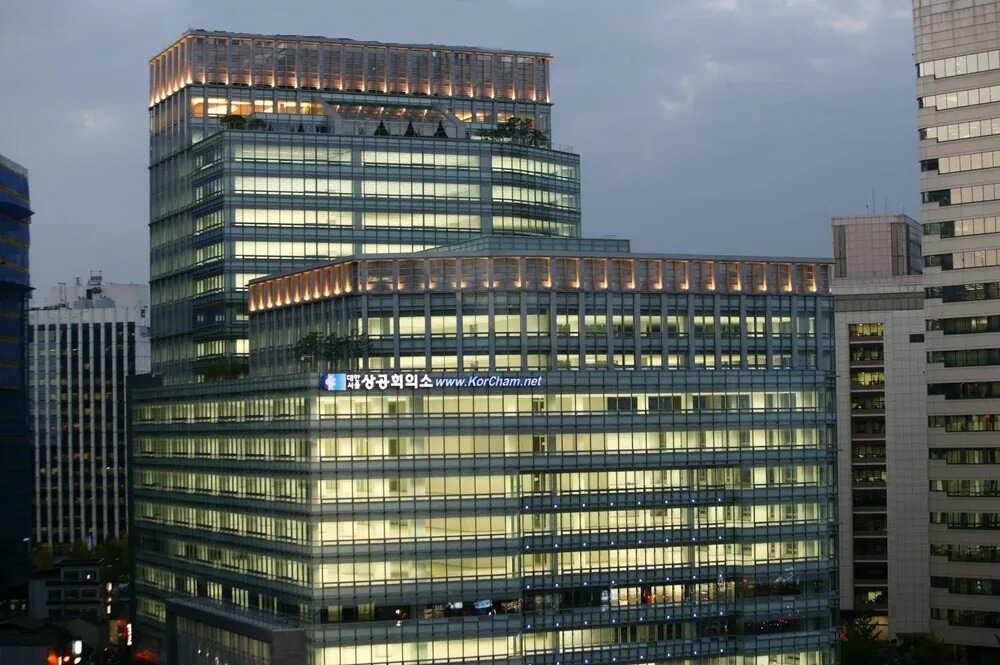
According to a report titled "Analysis of the Economic Effects of Attracting Foreign Citizens," co-researched by the Korea Chamber of Commerce and Industry (KCCI) and Professor Kim Duk-pa's team at Korea University, a 1 million increase in foreign talents residing in Korea could generate an economic effect of 145 trillion won, which is equivalent to 6% of the country's Gross Domestic Product (GDP). This highlights the importance of attracting foreign workers as a new growth engine for the national economy.
The report empirically verified the impact of incoming registered foreigners on local economies in 17 provinces from 2012 to 2023 through a panel regression analysis. The study found that a 1% increase in the ratio of registered foreigners to the economically active population led to an approximately 0.11% increase in per capita Gross Regional Domestic Product (GRDP). Currently, there are about 1.35 million registered foreigners in Korea, and it is estimated that if this number were to increase to 5 million, it would generate a massive economic effect of 361 trillion won.
Professor Kim Duk-pa explained that the cause of this economic effect is not simply the increase in population size, but rather the rise in consumption and productivity enhancement resulting from the influx of highly skilled individuals with specialized knowledge and technology. He stressed that attracting highly skilled foreign talent is not just about supplementing the workforce but is a strategic task, stating, "The inflow of highly skilled foreign talent can maximize ripple effects by enhancing labor productivity, strengthening industrial competitiveness, and furthermore, advancing the industrial structure."
The report suggests that attracting foreign talent can help solve the four key challenges facing the Korean economy, referred to as 'A, B, C, D'. A stands for securing advanced technical personnel needed for the AI era, B for supplementing the population structure to solve the serious birthrate problem, C for strengthening international competitiveness, and D for revitalizing domestic demand (demand). In this way, the inflow of foreign talent can be a clue to overcoming the various difficulties facing Korean society and economy.
Specific strategies for attracting talent include creating specialized cities where foreigners can settle easily, attracting global semiconductor production plants (fabs), and establishing foreign talent development programs tailored to domestic industrial needs.
Lee Jong-myeong, head of the KCCI's Industrial Innovation Division, pointed out that the competition to secure talent is intensifying worldwide with the advent of the AI era, and emphasized, "It is urgent to create internationally competitive cities and to quickly prepare policy support so that foreign talents can settle and promote economic growth." This statement suggests that attracting foreign talent is no longer an option but a necessary survival strategy. On the occasion of this report's release, the KCCI plans to continue its efforts to promote social discussion and establish related policies for attracting foreign talent.
[Copyright (c) Global Economic Times. All Rights Reserved.]






























